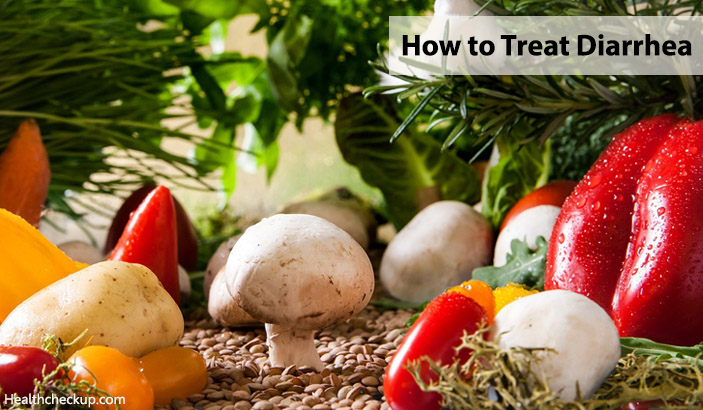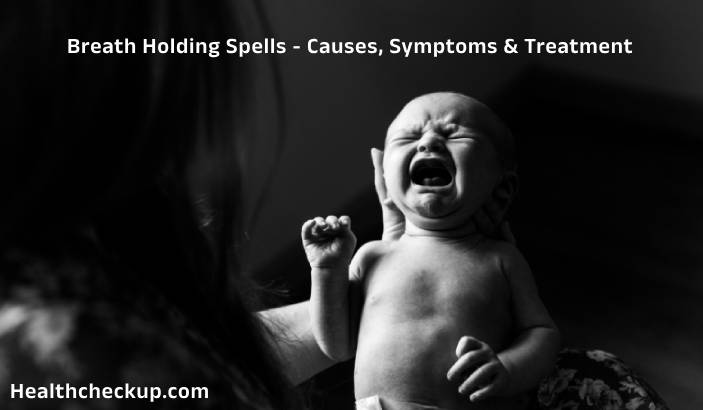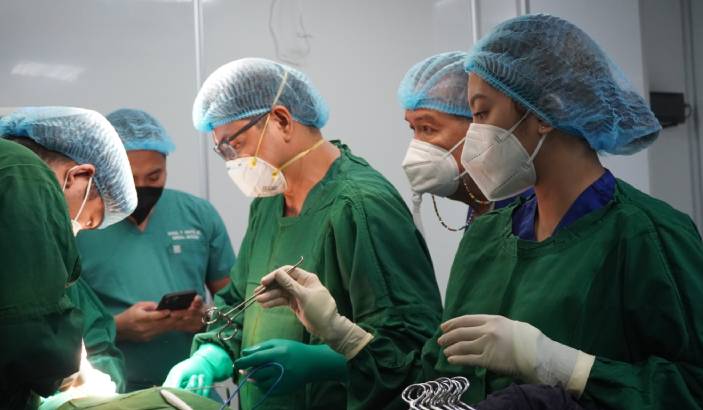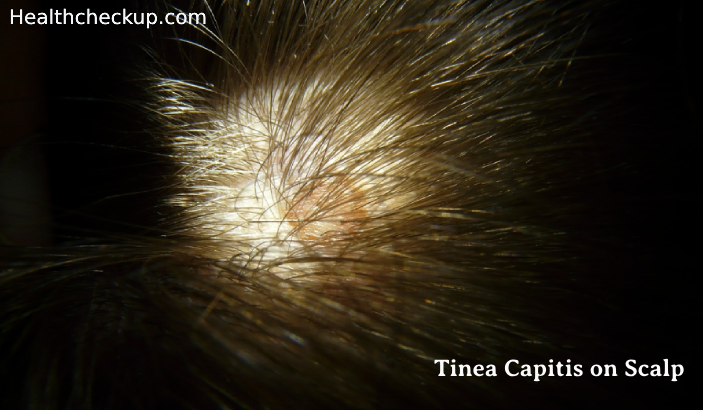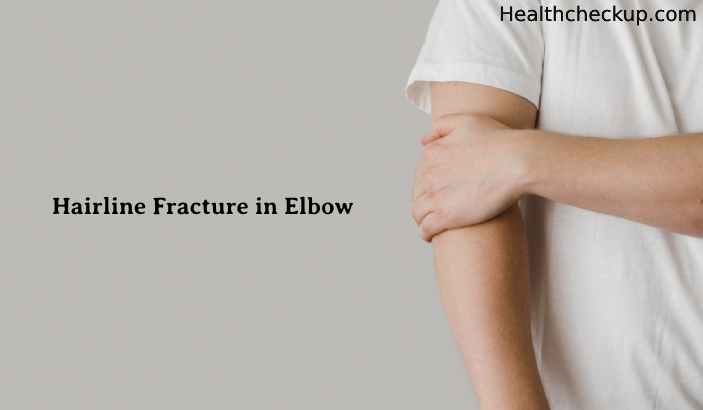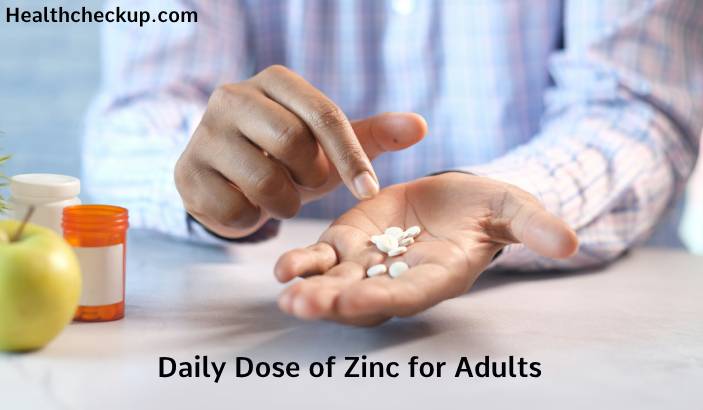Diarrhoea means having watery or loose stools which happens more often than usual and by knowing the causes, it will be easy to know how to treat diarrhoea. Many times it is usually triggered by virus, bacteria or parasite infections. It usually goes away within one or two days on its own. It is absolutely normal to have stomach cramps when there is diarrhea.
How to Treat Diarrhea?
When an individual has experienced diarrhea, immediate treatment helps to treat diarrhea associated problems like dehydration.
Dos and Don’ts for Immediate Treatment of Diarrhea:
-
- Small sips of water and small bites of salty crackers to be taken frequently.
- Increase the fluid intake at least 1 liter for 1-2 hours.
- Next day mild foods to be consumed and it depends on how you feel.
- Avoid fruits, spicy foods, caffeine and alcohol at least for 48 hours or once the symptoms have gone.
- Sorbitol containing chewing gum should be avoided.
- Until the symptoms have disappeared, milk should not be consumed. Probiotics can be taken along with cheese or yogurt.
Treating Diarrhea in Babies and Toddlers
It is very important to be watchful for the dehydration signs in babies and toddlers as they tend to become dehydrated more easily. In young babies, it is dangerous if they become dehydrated.
Tips to Treat Diarrhea:
- Continue breastfeeding
- Give paracetamol for toddlers to relieve pain
- Small sips of water to be given
If the Baby or Toddler has any of the below Signs then Take them to the Doctor:
- Diarrhea for more than 24 hours
- Vomiting many times
- Watery or bloody diarrhea
- Stomach ache which does not stop
Nonprescription Medicines
If diarrhea continues to be for more than 6 hours, then medicines can be taken. But if you are experiencing a high fever, bloody diarrhea, or any other serious illness then medicine should not be consumed.
Recommended dose as mentioned on the labels of medicine box to be taken. No overdosing.
Antidiarrheal medicines is not recommended for the long term use.
If the baby or toddler is suffering from flu or chickenpox, symptoms should not be treated with over-the-counter medicines which contain bismuth subsalicylate.
Parents should maintain hygiene by wearing gloves while cleaning up the diarrhea of babies and toddlers in order to not spread the infection.
Note: Pregnant women should be careful before taking any medicine. The doctor should be consulted on how to treat diarrhea before taking nonprescription medicines.
Foods to Eat while having Diarrhea:
Bananas: They are bland and helps in easy digestion. The high level of potassium helps in electrolytes replacement which is generally lost during episodes of loose stools.
White Rice: It is high in carbohydrates and helps in easy digestion. As they have the capacity to bind, it aids in firming up the loose stool. Avoid spicy or oily foods, instead chicken broth can be taken with rice.
Mashed Potatoes: Potatoes are rich in potassium. One should consume peeled potatoes. It should be boiled, steamed or microwaved as oil can irritate the stomach.
Steamed, Broiled Chicken and Also Chicken Broth: It is a good source of protein. Oil should not be put. Chicken should be basted using more water. Chicken broth is extremely soothing which has nutrients and electrolytes.
Yogurt: Yogurt containing lactobacillus acidophilus should be consumed.

Vegetables: Carrots, beans, beetroot are better choices which have a good amount of nutrition. Avoid vegetables which are harder to digest.
Foods to Avoid while Having Diarrhea
- Dairy products like cheese, sour cream
- Fatty foods like fast food, greasy foods, fried chips
- Sugar-free foods such as diet soda, sugar free gums, candies, coffee and tea
- Gas producing foods like cauliflower, onions, cabbage, and broccoli.
- Alcohol, Caffeine and Carbonated Beverages
Foods to be Taken after Diarrhea
1. Broth-Based Juices and Soups
Soups and juices like chicken soups, clear juice varieties, apple juices, white grape juices, cranberry juice
2. Bland Vegetables and Fruits
Vegetables like cooked peas, cauliflower, applesauce which is unsweetened, berry smoothies, banana smoothies, squash and potatoes.
3. Low Fiber Foods
White bread, egg whites, instant rice, chicken, hot cereal
Medically Reviewed By

I am an experienced Medical/Scientific writer with a passion for helping people live a happy healthy life. My thirst for writing has followed me throughout the years – it is there when I wake up, lingering at the edges of my consciousness during the day, and teases me at night as I go to sleep.


